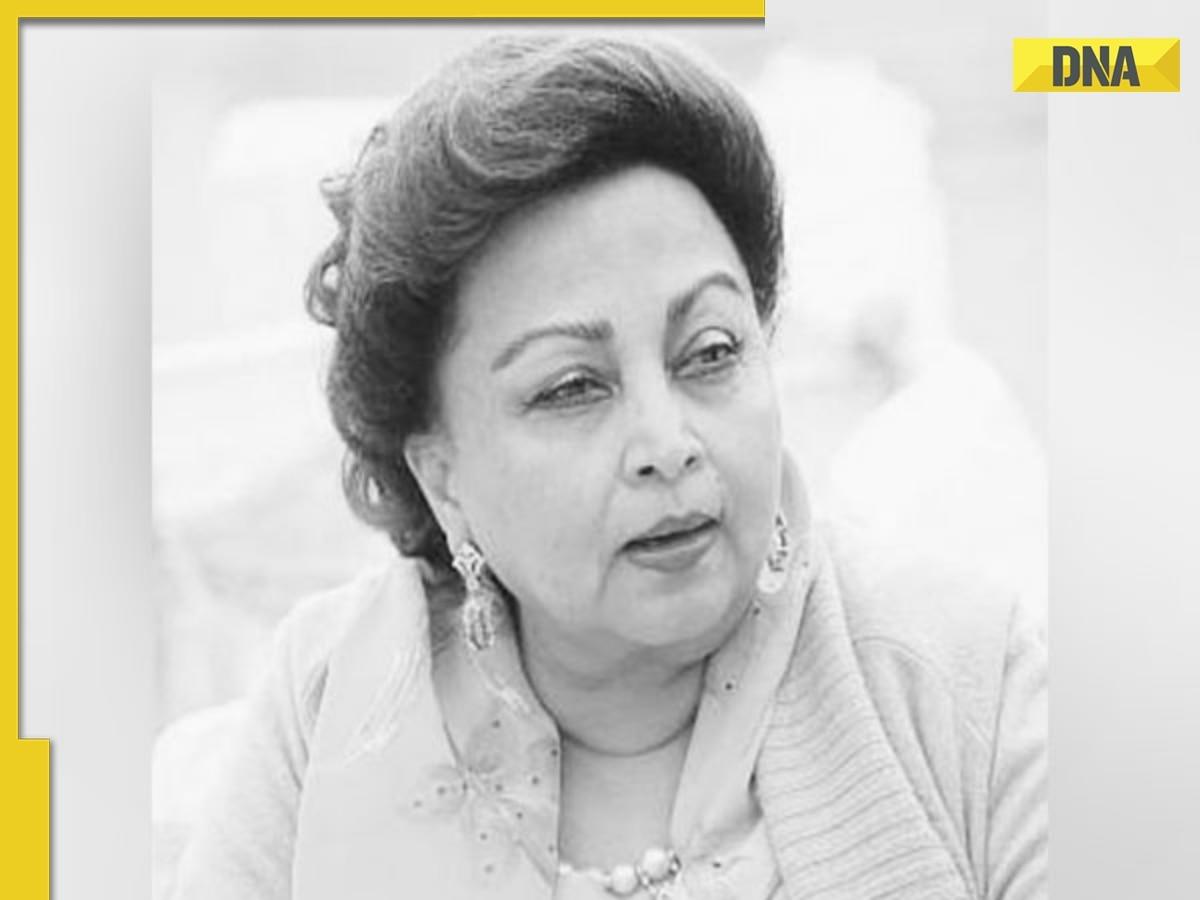
The nation learned of the somber news that Union minister Jyotiraditya Scindia’s mother, Madhavi Raje Scindia, had passed away at the All India Institute of Medical Sciences (AIIMS) in New Delhi on Wednesday. The Rajmata of the Gwalior royal family, she was 75 years old and drew her last breath at 9:28 am on the mentioned day.
Madhavi Raje’s health had been a cause of deep concern over the past few months as she battled pneumonia. Despite the efforts of the medical professionals at AIIMS, her condition exacerbated when she developed sepsis, an often fatal complication of infection. During her final days, she was placed on ventilator support to assist her breathing, as per details disclosed by a source close to the family.
The Gwalior royal family is an influential lineage with a long-standing history in India’s political and social spheres. Madhavi Raje herself, though less public a figure than her son, was revered for her poise and dignity. Her demise has left a palpable void in the family and among those who were acquainted with her gracious personality.
In an official statement released by Scindia’s office, her family expressed their grief: “It is with profound sadness that we wish to inform that Rajmata (Madhavi Raje) is no more. She was under treatment at AIIMS, Delhi over the last few months.” It further read, “Her condition was said to be critical over the past couple of months… Om Shanti!”
Educated and articulate, Madhavi Raje was more than just the title she held. Through her life, she was an emblem of tradition melding with modern values. Steeped in the rich culture of her royal heritage, she also had an eye on contemporary developments and supported various social causes. As a mother, her guidance was a bedrock for her children, especially for Jyotiraditya Scindia, who is now a significant figure in Indian politics.
Her son, Jyotiraditya, has been involved in public service following the footsteps of his father, the late Madhavrao Scindia, for many years. The legacy of his mother’s staunch support is often highlighted as fueling his commitment to public work. Her death, coming amidst a time of political flux, is particularly poignant for the family and the broader circle that revered her.
The Scindia family, which ruled the princely state of Gwalior prior to India’s independence, has remained politically potent. Their stronghold has extended beyond the royal court into the parliamentary corridors of India, with both Madhavrao and Jyotiraditya having served in ministerial roles.
Madhavi Raje’s passing marks the end of an era for the Scindias, as with her, perhaps a certain connection to the past and the traditions of old take a bow. Nonetheless, the family remains firmly rooted in service and social responsibilities. Her contribution to preparing her progeny for their public roles, whilst maintaining the family’s heritage, will not be forgotten.
In the coming days, as family, friends, and admirers pay their respects, there will be a reflection on the legacy of Madhavi Raje Scindia. And as the family mourns, a nation too acknowledges the passing of a matron who was, in many respects, a silent pillar in the narrative of one of India’s storied families.
Her influence on her son, his work, and by extension, on the public life of India, will likely linger on, spoken of in reverent tones by those who understood the depth of her presence. Madhavi Raje led a life shielded from the public’s prying eyes, yet her impact was no less significant, especially within the esteemed Scindia lineage.
As communities come together to offer condolences, the Scindia home will echo with the mantra of ‘Om Shanti’ seeking peace for the departed soul, while life as it must in the public and private sphere, forges ahead carrying the indelible stamp of her maternal legacy.












